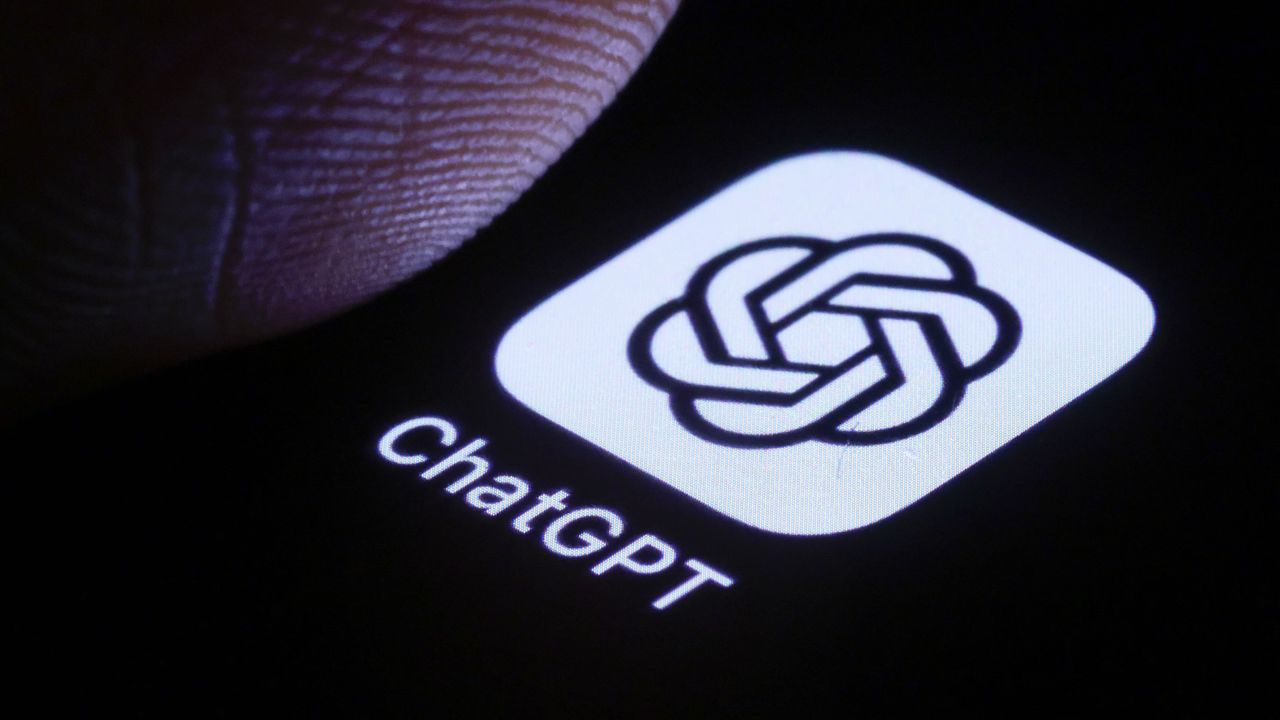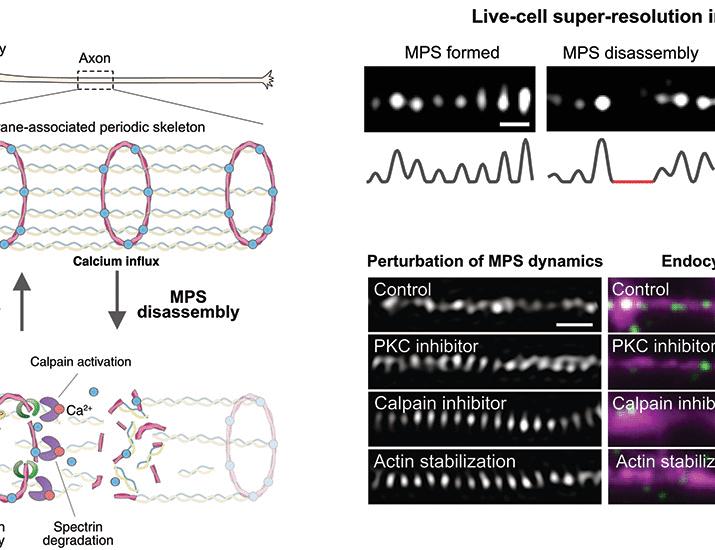Now Reading: Man Develops Bromide Poisoning After Following ChatGPT’s Diet Advice
-
01
Man Develops Bromide Poisoning After Following ChatGPT’s Diet Advice
Man Develops Bromide Poisoning After Following ChatGPT’s Diet Advice

Fast Summary:
- A 60-year-old man developed psychiatric symptoms,including paranoia and hallucinations,after changing his diet based on advice from ChatGPT.
- The man replaced sodium chloride (table salt) in his diet with sodium bromide,resulting in overexposure to bromide and a condition called bromism.
- Bromism is caused by chronic exposure to bromide, leading to neuropsychiatric symptoms such as psychosis, mania, memory issues, and muscle coordination problems.
- Sodium bromide was widely used in medicines until its risks were recognized; it has since been removed from products like sedatives and sleep aids due to toxicity concerns.
- The patient incorrectly believed that chloride could be eliminated from his diet by replacing it with bromide. While ChatGPT provided this substitution suggestion when queried about alternatives for chloride, the AI reportedly lacked appropriate health warnings or contextual guidance.
- After three months of dietary changes based on ChatGPT’s input, the man ended up hospitalized. He experienced electrolyte imbalances and other complications associated with excessive bromide accumulation.
- The patient’s condition improved after treatment involving fluids and antipsychotic medication during hospitalization. He was later discharged once stabilized.
Indian Opinion Analysis:
The incident underscores significant challenges tied to the misuse of large language models (LLMs) like ChatGPT for medical decision-making or dietary advice without professional supervision. AI tools are designed for general details dissemination but lack nuanced safeguards required for critical areas like health management; this case highlights shortcomings when context-specific expertise is necessary.
For India-a country investing considerably in digital transformation powered by AI-the story serves as a cautionary reminder regarding tech accountability and responsible deployment of LLMs. Ensuring clear disclaimers about non-medical use cases should be prioritized alongside robust public awareness campaigns emphasizing the need to consult certified professionals for personal health decisions. Policymakers might also explore regulations mandating stricter oversight when generative AI platforms address sensitive fields such as healthcare.
























